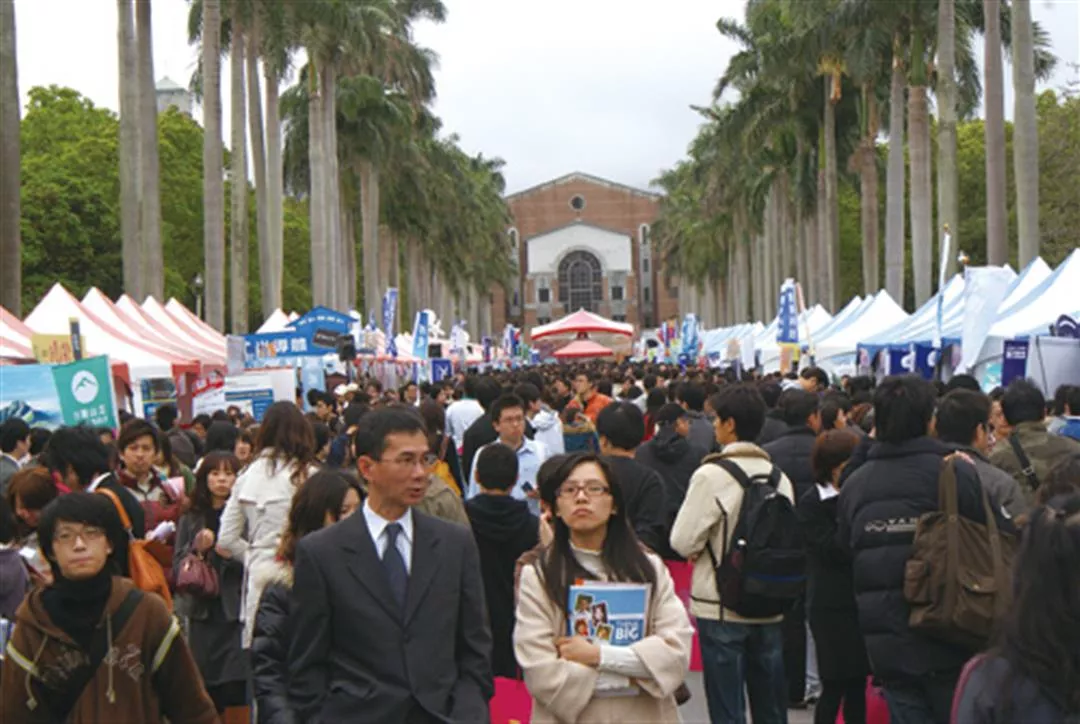Cries for reform
Compared to Chen, it would seem that international award-winning architect J. M. Lin, who is licensed in America, doesn't have much luck with exams. He remains unlicensed in Taiwan, but he is in the position to "shout back": "Taiwan's architect licensing exam is straight out of the old imperial examination system that wastes your intelligence and emphasizes rote memorization but has nothing to do with creativity or practical skill!" He also says that at many architectural firms including his own there is a rush at the end of the year when architects seek to take months off to prepare for the exams. "If it continues on like this, how are Taiwan's creative industries going to be able to compete internationally?"
In 2006, Lin and a group of architects who'd taken part in a project to reconstruct schools toppled in the September 21, 1999 earthquake formed the Architecture Reform Society with the mission statement, "Promote the culture of architecture, improve the atmosphere of the industry, and raise the level of education about architecture."
Chang Chiyi, chair of National Chiao Tung University's Graduate Institute of Architecture and the convener of the Architecture Reform Society's academic work group, sighs as he recounts how he and many architects of his age simply went abroad to study and gain broader work experience rather than take Taiwan's exam. Then, when he returned to Taiwan after many years, he found that the same testing system was still in place, stifling the next generation!
When the society was founded, reform of the exam system was listed as a top priority. Through discussions and surveys, they came up with three suggestions for the Examination Yuan: firstly, the exam should gauge professional qualifications as it was originally intended to do; secondly, a database of past and potential exam questions should be created and the proportion of multiple-choice questions should be increased; and thirdly, the pass rate should be raised appropriately in line with the levels in other nations (e.g., 10-20% in Japan, over 50% in the US).
Coincidentally, in late 2007, as the Examination Yuan was still "evaluating" the society's suggestions, a controversy broke out over that year's exam. The essay question on the first day's structural engineering exam was obscure and the calculation problems were overly complex, sparking the ire of exam-takers. The next day, some distributed a satirical comic outside the testing site, and before long an online petition was started and signed by more than 10% of the examinees. Though they weren't able to change their own "bad luck"-less than 1% were passed that year-the next year's architecture exam had more multiple-choice sections, and the questions were better posed.

It's hard for young people to find employment, and easy for middle-aged and older people to be laid off-it's no wonder that the civil service exams, with their promise of lifetime employment, attract so many. But what is the value of public servants? This question still needs careful consideration. Pictured is a job fair held around graduation time.